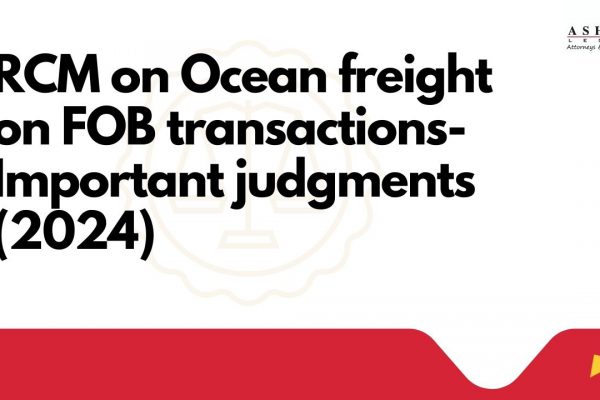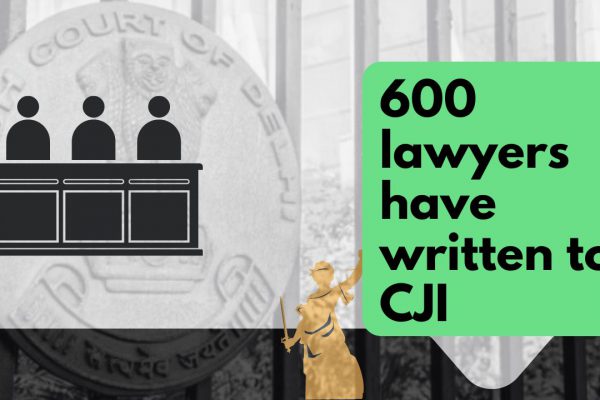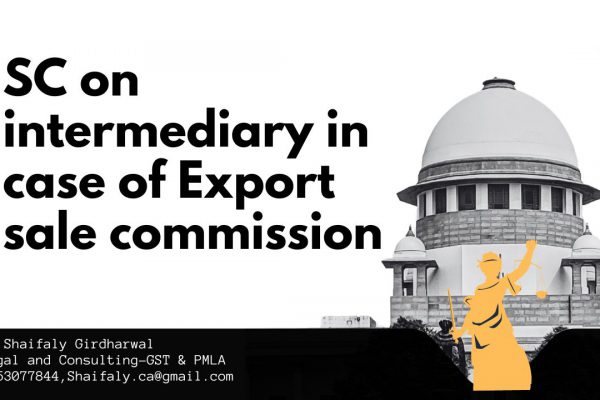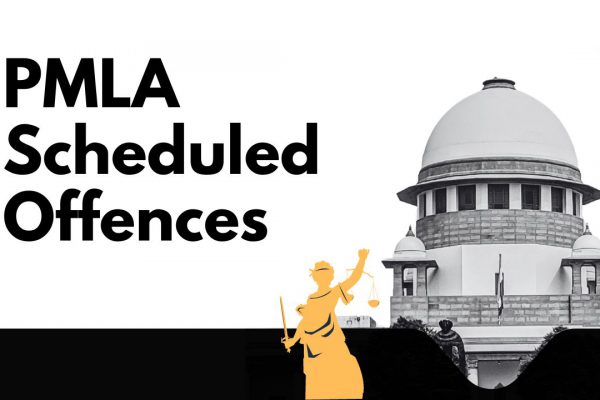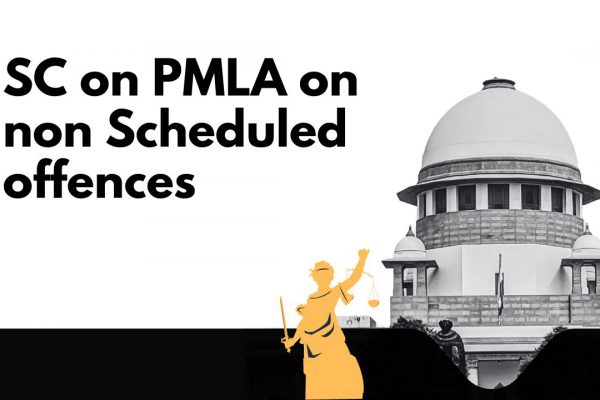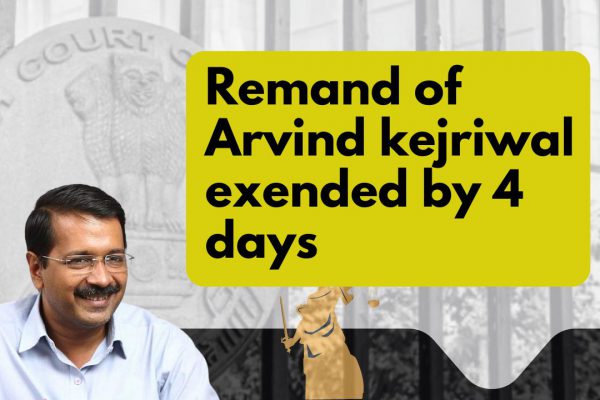CGST and IGST Act – Impact of Finance Bill, 2020!
- CGST and IGST Act – Impact of Finance Bill, 2020!
- 1. Act – Key Amendments
- 1.1. GST – Ten amendments you must know!
- 1. Relief proposed regarding time lime for claiming the credit on the debit note
- 2. Amendment proposed in view of upcoming reforms such as e-invoicing
- 3. The requirement to issue TDS certificate eased
- 4. The ambit of the penalty increased to the beneficiary of the transaction
- 5. The ambit of punishment increased
- 6. ‘Time’ provided in transitional provisions
- 7. Time limit to issue RoD Orders extended by two more years
- Download the copy:
CGST and IGST Act – Impact of Finance Bill, 2020!
1. Act – Key Amendments
1.1. GST – Ten amendments you must know!
To iron out certain creases and amend provisions relating to fake/bogus invoicing, various amendments are proposed. The amendments in the CGST Act span out from Clause 116 to Clause 131 of Finance Bill, 2020.
The amendments will be effective from a date to be notified unless otherwise specified (refer Clause 1 (2) (b) of Finance Bill, 2020). Few amendments will be effective retrospectively from 1st July 2017 (such as amendment in section 140 and Schedule II).
Let’s decode the key amendments!
1. Relief proposed regarding time lime for claiming the credit on the debit note
Section 16 (4) of the CGST Act provides that credit cannot be claimed after the due date of furnishing of the return under section 39 for the month of September following the end of financial year or annual return, whichever is earlier, to which such invoice or invoice relating to such debit note pertains.
Due to aforesaid terminology used in section 16 (4) of the CGST Act, in case a debit note is issued in say FY 2019-20 for an invoice relating to say FY 2017-18 then the question could have been raised regarding the eligibility of credit. Ideally, the relevant date in such cases should be the date of the latest debit note instead of the date of the earlier invoice.
Now, section 16 (4) of the CGST Act is being amended to delink the date of issuance of debit note from the date of issuance of the underlying invoice for purposes of availing input tax credit. This is certainly a welcome amendment and will help a taxpayer in claiming input tax credit on a debit note issued in the subsequent year.
[refer Clause 118 of Finance Bill, 2020]
2. Amendment proposed in view of upcoming reforms such as e-invoicing
Section 31 of the CGST Act deals with Tax invoices.
Now, section 31 of the CGST Act is being amended so as to empower the Government to notify the categories of services or supplies in respect of which tax invoice shall be issued and to make rules regarding the time and manner of its issuance.
[refer Clause 121 of Finance Bill, 2020]
3. The requirement to issue TDS certificate eased
At present, section 51 (3) and (4) of CGST Act provides for the issuance of TDS certificate by the deductor and prescribes late fees for non-compliance of the same.
Now, section 51 (3) and (4) of the CGST Act is being amended to remove the requirement of issuance of TDS certificate by the deductor as well as omit the corresponding provision of late fees for delay in issuance of TDS certificate.
[refer Clause 122 of Finance Bill, 2020]
4. The ambit of the penalty increased to the beneficiary of the transaction
Section 122 of the CGST Act provides for penalties for offenses.
Now, section 122 of CGST Act is being amended by inserting a new sub-section (1A) to make the beneficiary of the transactions of passing on or availing fraudulent Input Tax Credit liable for penalty similar to the penalty leviable on the person who commits such specified offences.
[refer Clause 124 of Finance Bill, 2020]
5. The ambit of punishment increased
Section 132 of the CGST Act provides for punishment for offences.
Now, section 132 of the CGST Act is being amended to make the offence of fraudulent availment of input tax credit without an invoice or bill a cognizable and non-bailable offence; and to make any person who commits, or causes the commission, or retains the benefit of transactions arising out of specified offences liable for punishment.
[refer Clause 125 of Finance Bill, 2020]
6. ‘Time’ provided in transitional provisions
Section 140 of the CGST Act provides for the transition of input tax credits and prescribe for the ‘manner’ to avail the transitional credit.
Recently, in the case Jakap Metind Pvt. Ltd. [2019 (31) G.S.T.L. 422 (Guj.)] it was contended that section 140 of the CGST Act only provides for ‘manner’ and thus, the restriction cannot be introduced on eligibility/time limit for claiming credit.
Now, section 140 of the CGST Act is being amended, retrospectively w.e.f. 1st July 2017, to enable specification of ‘time’ limit as well.
[refer Clause 126 of Finance Bill, 2020]
7. Time limit to issue RoD Orders extended by two more years
Section 172 of the CGST Act provides for Removal of Difficulties (RoD). Till now more than fourteen RoD Orders have been issued. At present, RoD could have been issued till 30 June 2020 as there is a time limit of three years for issuance of RoD Orders.
Now, this time limit is proposed to be extended to five years. That means RoD Orders can be issued till 30th June 2022! This is totally unjustified amendment because it could be used against the taxpayers (a recent example is a restriction of credit on carpet area basis through RoD No. 4 dated 29th March 2019).
[refer Clause 128 of Finance Bill, 2020]
Download the copy:
If you already have a premium membership, Sign In.




